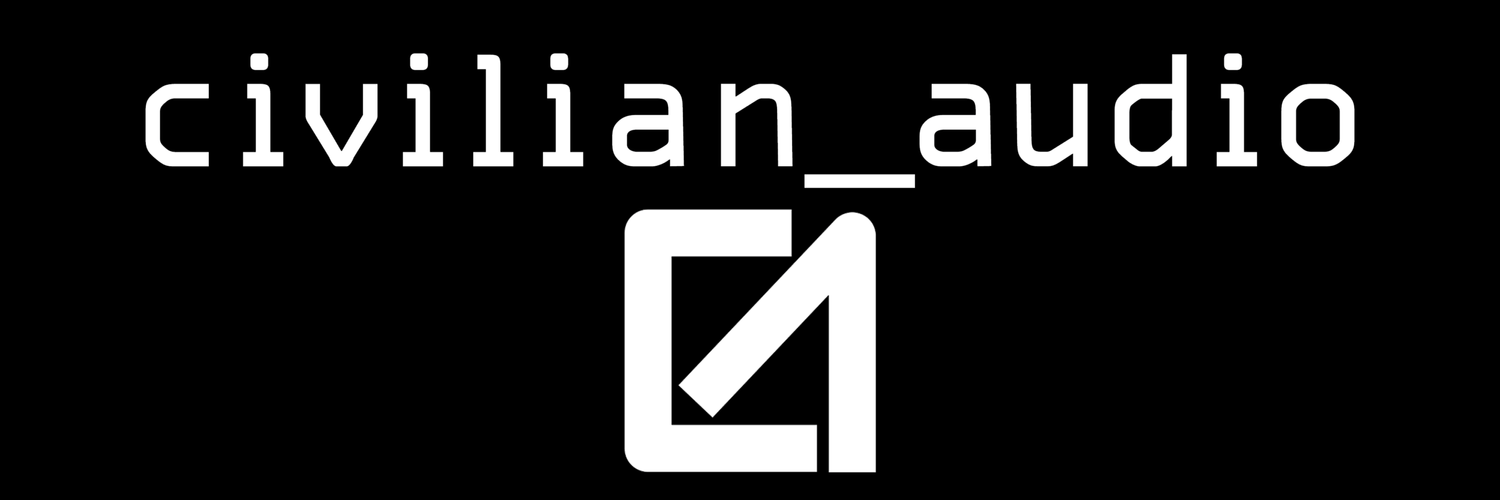Statement Of Teaching Philosophy...
I have taught at both the University of Texas at San Antonio and E'xpression College for Digital Arts in Emeryville, CA. Both experiences were unique in their own way, and the trials and tribulations encountered at each institution were just as unique. Music education is incredibly important to me in all disciplines; but it's probably safe to assume that my emphasis lies in technology, and in the many philosophies regarding the recording of music. I really enjoy teaching and here is why...
Statement of Teaching Philosophy
One of the greatest things about teaching music production and technology is that it is perpetually changing. The classroom always holds new treasures, whether it is in lecture or with a hands-on demo; the classroom never rests, or quiets for that matter. And much like changing technology and techniques, there is the changing of faces each term that also brings new ideas and challenges. It’s a fantastic cycle of discovery and growth for both my students and myself. And while there is a heavy emphasis on theory, practical and real-world examples receive even greater attention. Teaching, in many ways, has become an extension of myself.
When I instruct, I almost always incorporate my experiences as a professional into lectures when appropriate. My career as a professional engineer and musician lends itself to myriad anecdotes and lessons about the world of professional audio that can’t be articulated with text. And I also greatly encourage the sharing of stories and lessons that my students have learned through their own careers as students, and in many cases professionals. The collaborative spirit has to exist in my classroom in order for me to also grow. An open dialog and the exchange of ideas are germane for the growth of everybody involved.
While the classroom is important, it’s the practical, hands-on experience that really crystallizes what is learned in the classroom. It’s where the students and myself blend the various technologies together, to get the old and the new to communicate, and to engage in a bit of audio alchemy. Many will try to pit old and new technologies against each other, or become engaged in the great analog versus digital debate; I prefer to explore the pros and cons of each in detail, and then further explore with the students. Emphasis on research, experimentation, and looking for multiple ways to achieve one task are equally promoted. And my extensive history of popular recordings also carries great weight in the classroom. The history of recording mediums and production techniques inform much of the musical content today, and even though the technology is far more sophisticated, much of the basic theory still applies. Examples of production techniques and technology that are not discussed in class are encouraged too.
The world of independent record labels has permeated my life, and affected my attitude towards the music industry. I find that I can incorporate much of what I have learned as an independent music businessperson into production and technology. Today, the music technologist, and one that is producing content as a potential source of their livelihood, also needs to consider the business aspect of the music world. Trends on social networking, streaming services, physical sales and publishing/royalties are also explored at times. The music business has been in a state of flux for many years now, and the new paradigm has not been set. It’s an exciting time to be in the business, but incredibly daunting too.
Writing is just one of the many ways I engage my students and encourage the learning process. What I really want to see, and hear, are the students and myself spending a greater deal of time working with software and hardware; honing in listening skills and dialing in unique sounds. Working with audio equipment in both the analog and digital domain is imperative in one’s growth when creating these sounds. Practice, just like one would with a musical instrument is also necessary. These tools are also musical instruments; manipulating frequencies, harmonics, and emotions, and should also be treated as such. The recording studio is a sacred temple, but one where creation and experimentation are paramount, and it too should be treated as a musical instrument.
My own growth becomes stymied when not teaching. I have found that I learn just as much from teaching as my students do. Interaction with students always leads to different approaches, changes in my views about certain techniques or genres of music. I would like to think that my students influence me more often than I do them. Every lecture influences the next; every lesson grows with each class. Teaching also plays such a pivotal role in how and what I do as a professional. Teaching and working as a professional inform each other in myriad ways, and I hope to continue traveling that path.
